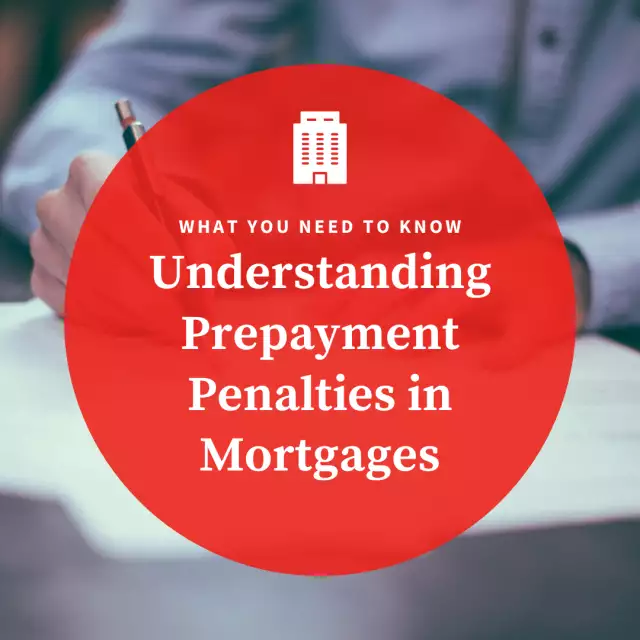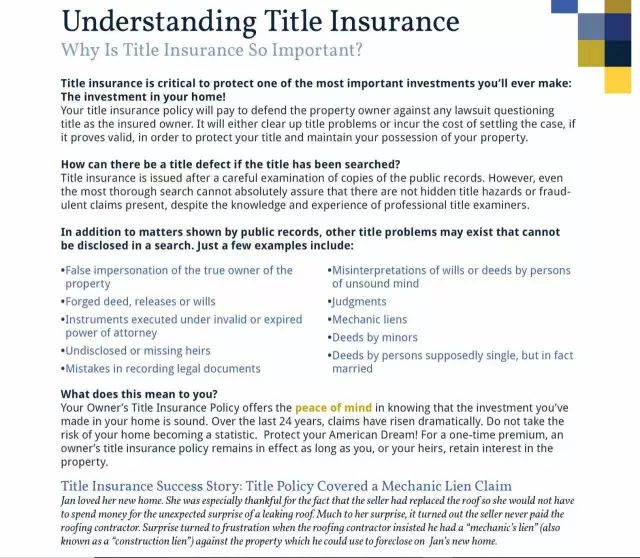What Homeowners Need to Know: Home Insurance Coverage in North Carolina and South Carolina
What Homeowners Need to Know: Home Insurance Coverage in North Carolina and South Carolina
Having house insurance shields you against unforeseen costs and damage, which makes it a crucial component of home ownership. Knowing the specifics of South Carolina's and North Carolina's house insurance policies is vital, as homes in these places confront unique challenges, ranging from hazards along the shore to perils in the nation's heart.
Understanding Home Insurance
House insurance, sometimes called property or homeowner's insurance, protects homeowners' financial interests if their goods or property are damaged. Natural disaster damage, theft, criminal activity, and fire damage are often covered. Third-party property damage or injury incurred on the insured premises is also covered by liability insurance.
Types of Coverage Typically Included in a Home Insurance Policy:
Home insurance policies typically provide the following coverage:
- Liability coverage: If homeowners are held legally liable for injuring someone or causing damage to their property, they may avoid losing money. Liability coverage is what we call this. This insurance may assist with covering medical expenses, legal fees, and settlement proceeds.
- Additional Living Expenses Coverage: If a peril renders a home unlivable, ALE coverage helps cover additional living expenses such as food, temporary accommodation, and transportation while repairs are being made.
- Medical Payment Coverage: Regardless of who is at fault, this coverage will cover medical expenses if a visitor is hurt on the covered territory. Certain expenses, such as ambulance trips, ER visits, and medical establishments, could be reimbursed.
Unique Considerations for Home Insurance in North Carolina and South Carolina
Here are the specifics of home insurance in South Carolina and home insurance in North Carolina.
- Hurricane Coverage: Hurricanes and tropical storms may affect any state. However, they are more likely to strike South Carolina's coastline. Make sure that your insurance policy adequately covers wind and storm damage. Remember, varying insurance may have varying costs associated with disaster-related claims.
- Flood Insurance: Flooding is usually not covered by house insurance, even though there are numerous types of water damage that it commonly covers. Since both states get a lot of rain and are near the shore, you may want to acquire separate flood insurance plans, especially if you live in an area prone to flooding.
- Home Construction: Your rates are affected by the materials and construction methods used to build your home. More contemporary buildings coexist with historic brick homes in both states. Confirm that your insurance provider has a reasonable value for your home to ensure you have the right coverage.
Tips for Finding the Right Home Insurance Coverage
When searching for the perfect homeowner’s insurance in South Carolina or North Carolina, consider these essential tips:
- Give careful thought to the risks and your requirements before acquiring insurance. Take into account the following: the property's market worth, its location, the assets within, and any extra coverage you may want, such as earthquake or flood insurance.
- Never accept anything less than what you deserve. Getting quotes from many insurance companies is a smart idea to compare costs and types of coverage. Consider the premiums, coverage restrictions, and savings each insurance provider offers.
- It is imperative that you carefully examine every element of the policy. Pay attention to the limits and the unaddressed issues. Certain plans may not cover particular disasters like hurricanes or earthquakes, or they might not adequately cover expensive things like jewelry or gadgets.
With these tips and a lot of study, you should be able to find reasonably priced, feature-rich homeowner's insurance in South Carolina or North Carolina homeowner's insurance.
Conclusion
North Carolina and South Carolina homeowners must understand their house insurance. This information protects you against unplanned events like natural catastrophes, theft, and accidents. Homes may smartly secure their assets and possessions by knowing their goals.
For safety and peace of mind, remain current on local standards and hazards as each state has its unique regulations and concerns. Visit website for info





